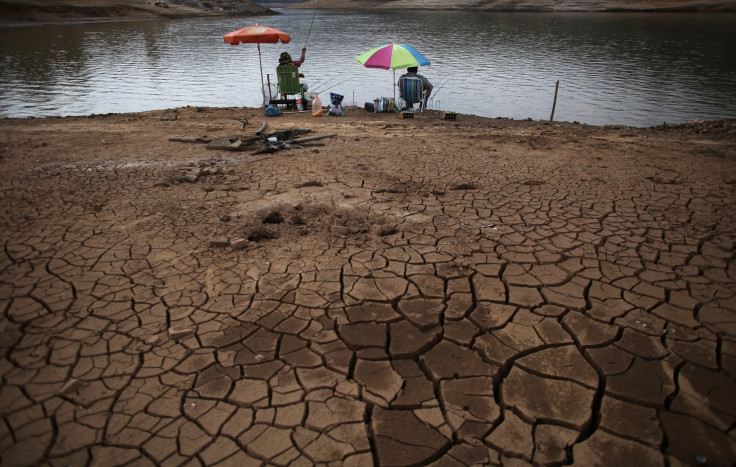Climate Change Report: Global Warming Can Be Limited But Change Needs To Happen Soon

The deleterious effects of climate change have been felt around the world, and extreme weather events will only get worse without a serious dose of behavior modification, the United Nations-backed Intergovernmental Panel on Climate Change concluded in its latest status report released Sunday in Copenhagen, Denmark. The IPCC said new energy policies must be implemented before 2030. And it said these policies should encompass a change to low-carbon from high-carbon fuel sources by 2050 and the phaseout of fossil-fuel use by 2100.
“This report is another canary in the coal mine,” U.S. Secretary of State John Kerry said in a statement. “Greenhouse-gas emissions from human activity are higher than ever, and we’re seeing more and more extreme weather and climate events, whether it’s storm surges, devastating heat waves, and torrential rain, across the globe. It’s not a coincidence. With this report, we have yet another round of authoritative, peer-reviewed science to prove it.” “Leaders must lead. Time is not on our side,” U.N. Secretary-General Ban Ki-moon said at a news conference in Copenhagen.
The IPCC’s most recent Synthesis Report is the culmination of 13 months of work by more than 800 scientists examining the impact of greenhouse-gas emissions and human activity on global warming in the 20th century. “Our assessment finds that the atmosphere and oceans have warmed, the amount of snow and ice has diminished, sea level has risen and the concentration of carbon dioxide has increased to a level unprecedented in at least the last 800,000 years,” Thomas Stocker, co-chair of IPCC Working Group I, said in a statement about the panel’s fifth assessment report.
Food shortages, flooding, the extinction of animals and plants, and dangerously hot temperatures are just a few of the many dangers that would increase for life on Earth unless greenhouse-gas emissions are cut, the New York Times noted in its report on the IPCC’s work.
Under one of the IPCC’s climate-change scenarios, there would be a huge migration of tropical fish to cooler from warmer waters, with most fish disappearing from the tropics by 2050. Such a migration would devastate many fishing communities, where people rely on fish for both food and income.
Climate change can be limited, but governments must enact policies no later than 2030, the IPCC indicated. “There are multiple mitigation pathways to achieve the substantial emissions reductions over the next few decades necessary to limit, with a greater than 66 [percent] chance, the warming to 2 [degrees Centrigrade] -- the goal set by governments. However, delaying additional mitigation to 2030 will substantially increase the technological, economic, social and institutional challenges associated with limiting the warming over the 21st century to below 2 [degrees Centrigrade] relative to preindustrial levels,” the IPCC said.
The panel recommended a switch to low-carbon from high-carbon fuel sources, implying the increased use of renewable energy, from the current 30 percent to 80 percent by 2050 to 90 percent by 2100. It said fossil fuels should be phased out by 2100.
© Copyright IBTimes 2024. All rights reserved.






















